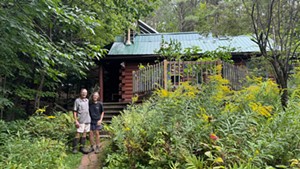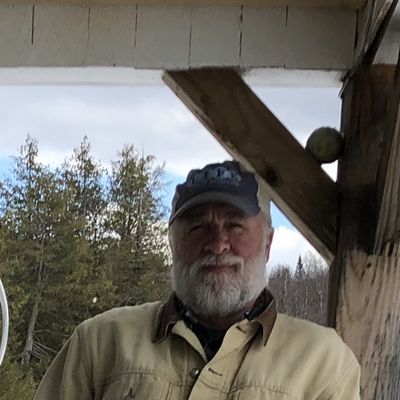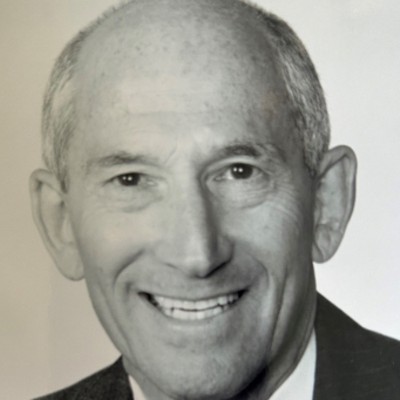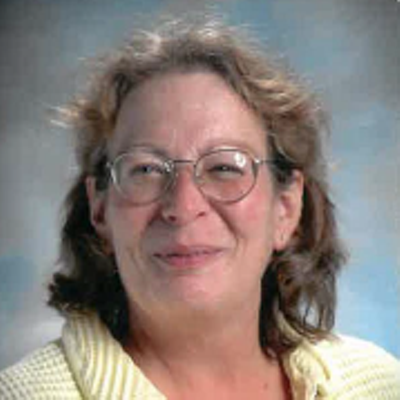When you arrive at the homestead of Birch Hill Sugarworks owners Ann Gnagey and Tom Baribault in Jericho, there is no driveway up to their log cabin. Instead, a path framed by native plants and edible berries leads to the home they have shared since 1990. With 60 acres of sugar bush, the couple make about 100 gallons of syrup each season.
The couple raised three boys in this house, which has electricity and is heated by three woodstoves — minimizing their use of fossil fuels. Both biologists, Gnagey and Baribault do everything they can to live sustainably and reduce their carbon footprint. They heat their spring water with solar panels in the summer and a woodstove in the winter, grow most of their food and dry it using the sun, plant a biodiverse landscape for pollinators and birds, and compost.
Seven Days senior multimedia producer Eva Sollberger spent a Sunday afternoon with the couple touring their verdant homestead and learning about the many projects they're juggling.
Sollberger spoke with Seven Days about filming the episode.
Why did you pick this story?
With another year of devastating flooding in our state, it is impossible to deny that the climate has changed. Many of us are trying to figure out how to adjust our lives to this new normal and what we can do to help. Ann Gnagey and Tom Baribault have been working hard to shrink their carbon footprint for decades. I wanted to see what that looks like on a small scale — and what methods I might be able to adopt. Gnagey agreed to do this video because she hoped to show others that change is possible.
How did you meet this couple?
Funny story: A lonely chicken brought us together. Last fall my elderly bird, Harriet, lost her best friend of eight years, Agatha. Chickens are flock animals, and Harriet seemed sad without any feathered friends. I called up Kate Reininger-Severin, aka the Chicken Lady. I met her while making a 2013 episode of "Stuck in Vermont" about a Jericho Chicken Coop Tour.
Reininger-Severin introduced me to Gnagey, who agreed to adopt Harriet into her small flock of chickens and turkeys. When I arrived with Harriet in tow, I was very curious about the edible landscape, which was awash with colors and growth. Harriet was also interested and had a snack in the blueberry patch. She had a glorious last three months of her life there, and Gnagey and I kept in touch after she died.
What is life like for the humans on the homestead?
Gnagey and Baribault are in their early seventies and very spry. They don't sit down often. I spent the afternoon trying to keep up with them as they showed me around. Their expansive homestead is a wonderland of sights and sounds — Yes, that's a raven family calling out for a treat — and you have to be nimble to follow them down steep wooded trails, across planks and around twisting paths.
When they arrived in this spot 34 years ago, their log cabin was surrounded by a pasture. Since then, they have expanded their home, built multiple structures using timber from their land, and planted a dense thicket of native plants, edible trees and berries.
I asked the two of them about their plans for the future, if aging in place becomes difficult. Their son Alan Baribault lives next door, and they have considered moving into his home if they need extra help down the line. But for now, their relentless work around the homestead keeps them in good shape.
Did you have any takeaways about sustainability?
I learned a lot during my visit, but I feel like I only skimmed the surface! Walking around the compound is such a treat; there are endless things to see, taste and learn about. I sampled thimbleberries and a Johnny Jump Up flower, which, as Gnagey says, tastes like the color purple. Later, she and Baribault shared a delicious bounty of dried fruits and vegetables with me. I especially liked the dried lemon peel, which had a tangy taste.
I saw how much hard work goes into living this way. Even if I'm not ready to commit as fully to this lifestyle as they are, I can try to conserve energy and make small changes. Their frugality, hard work and experimentation are an inspiration.
Do you have a guilty confession?
I was ravenous after my visit and got some fast food on the way home. As I munched on a burger and fries and drank a syrupy beverage, I realized how lucky we are to have modern conveniences — and that our society has a long way to go if we want to live more sustainably. As Gnagey says, it is not a question of if the trucks stop delivering food to stores but when.











Comments
Comments are closed.
From 2014-2020, Seven Days allowed readers to comment on all stories posted on our website. While we've appreciated the suggestions and insights, right now Seven Days is prioritizing our core mission — producing high-quality, responsible local journalism — over moderating online debates between readers.
To criticize, correct or praise our reporting, please send us a letter to the editor or send us a tip. We’ll check it out and report the results.
Online comments may return when we have better tech tools for managing them. Thanks for reading.